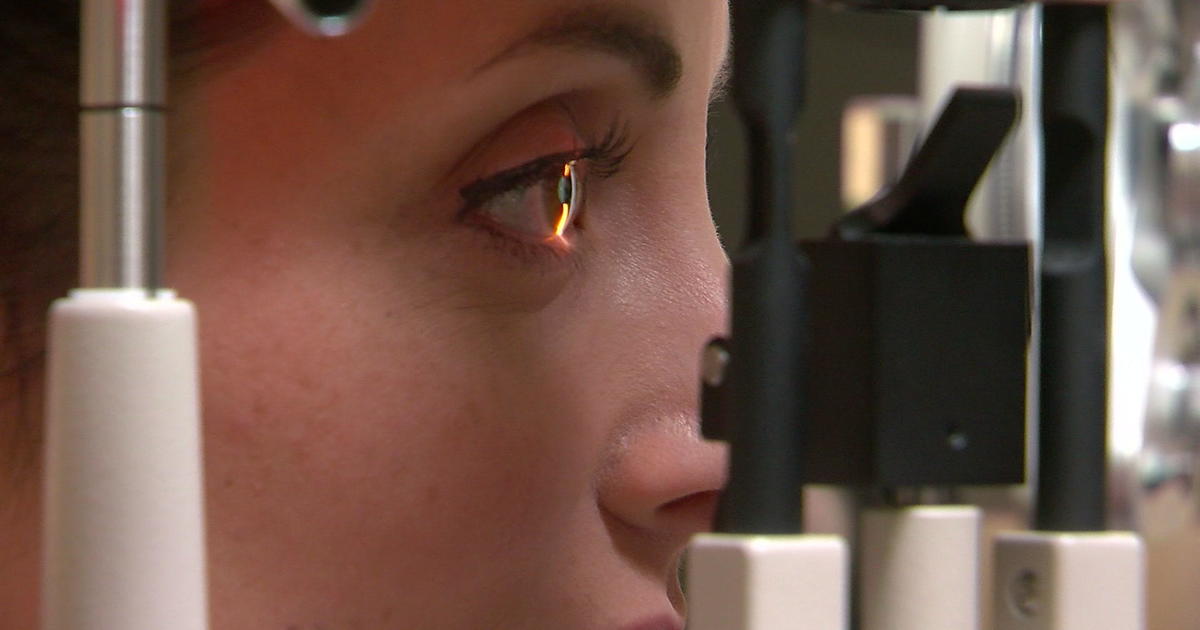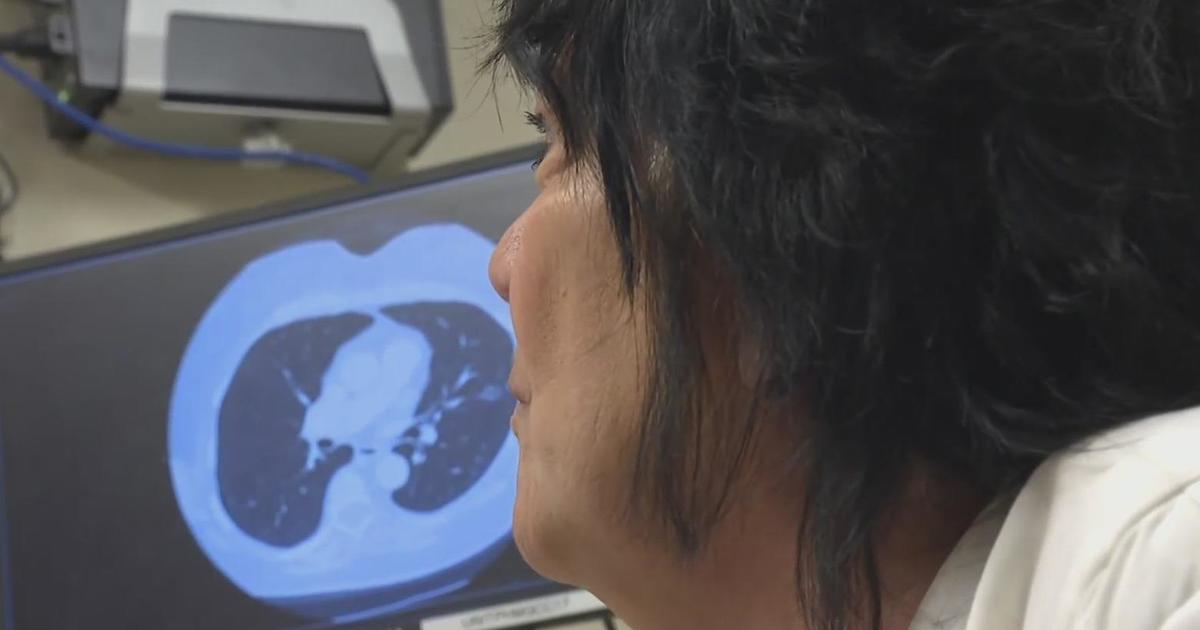Early Exposure Could Lead To Increased Asthma Risk
PITTSBURGH (KDKA) - When it comes to asthma risk, some things that affect you when you're just a baby may play a part.
For example -- eczema.
"When the baby has eczema, and the allergen, dog, cat, dust, peanut, flour, wheat, comes in through that broken skin, it promotes sensitization, meaning more allergy later, and that leads to the development of respiratory symptoms," explains Dr. Allison Freeman, an allergy specialist at Allegheny General Hospital.
Roughly 10 to 15 percent of babies have some degree of eczema with itchy, red, cracked, rough skin, and the worse it is, the higher the risk.
Is there anything you can do?
Unscented, gooey cream applied all over the baby every day from the time you bring them home might prevent or at least delay eczema.
Another is food allergies.
About 35 percent of children with a diagnosed food allergy develop nasal allergies, twice the rate of the general population. Another 35 percent develop asthma.
Part of the immune system is in the digestive tract. The previous advice had been to slowly introduce foods to avoid allergies, but more recent research shows early exposure to a variety of foods helps to prevent an overreaction in the immune system, and therefore fewer allergies and asthma.
Also linked are certain infections, such as RSV -- respiratory syncitial virus,
"It's a common virus to small children, infants and toddlers," says Dr. James DeAngelo of Allergy and Clinical Immunology Associates. "That particular infection is associated with a greater risk of developing asthma later on in childhood."
The risk goes up with infection of the deeper airways - the windpipe, the air passages and air sacs in the lungs.
Early exposure to antibiotics is another.
This has to do with the balance of bacteria in the intestines. With antibiotics, good bacteria may get killed off.
Her advice for new moms?
"Try as hard as they can to avoid antibiotics in the delivery and in the newborn, so those colonies of protective immune strengthening bacteria in the gut can stay intact," says Dr. Freeman.
If antibiotics are necessary to fight off a bacterial infection, probiotics afterwards may be helpful.
"We're trying to do things that are harmless, that are inexpensive, and that promote good health for other reasons," she stresses.
Illustrative Vignette
Lilianna Alvarado, 7, has all of these risk factors, and has asthma now. It started with eczema at 9 months old.
"She had little patches here and there. By the time she was 3, 4 years old, she just looked like scabs. It was just horrible," her mother, Crissy Alvarado describes. "She was diagnosed when she was 3 with a peanut allergy. She had rash and hives from head to toe. She is allergic to cats, dogs, dander, pollen, mold. Her first asthma attack here was when she was 4."
Allergy shots help a lot.
"I'm feeling much better," says Liliana, "My eczema is better, my asthma is better, I can have my favorite foods now."
Other factors that can help to reduce the risk of asthma later in childhood: vaginal delivery, breast feeding, sometimes vitamin D.
If you do end up with allergies, early intervention can make a difference in preventing a progression to asthma.



